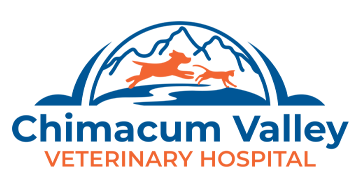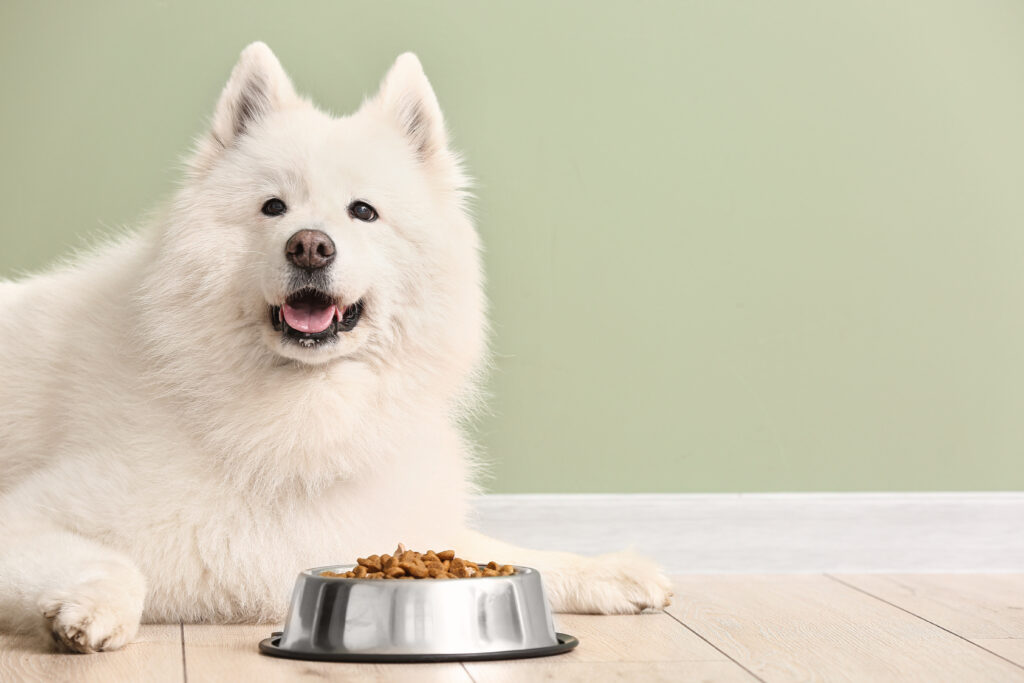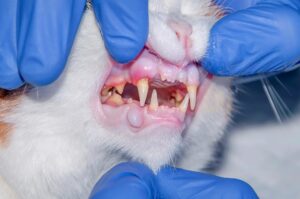Today, we’re diving into a topic close to the heart of every dog owner: dog nutrition. Deciding on the right diet for your dog can seem overwhelming, but we’re here to help simplify the process. Our goal is to provide you with valuable information to make informed decisions about your dog’s diet. If you ever need personalized advice or have specific questions about what to feed your pet, our team at Chimacum Valley Veterinary Hospital in Port Hadlock, WA, is always here to assist you. Feel free to call us at (360) 385-4488.
Understanding Dog Nutrition Basics: The Need for a Balanced Diet
A balanced diet is the cornerstone of your dog’s health. It should include:
- Proteins: Essential for growth, maintenance, and repair of body tissues. High-quality sources of protein include meat, poultry, fish, and eggs.
- Fats: Fats provide energy, aid in nutrient absorption, and are vital for nervous system health. Look for diets including omega-3 fatty acids.
- Carbohydrates: Though not a required nutrient, they provide a readily available energy source. Good carb sources include grains, legumes, and vegetables.
- Vitamins and Minerals: Essential for a multitude of body functions, including bone growth and immune system support.
Factors Influencing Dietary Needs
Your dog’s diet isn’t one-size-fits-all. Consider the following factors when deciding on the best diet for your pet:
- Age: Puppies need more calories and specific nutrients for growth, while seniors may require fewer calories but more of certain nutrients to support aging joints and organs.
- Activity Level: Active dogs and working breeds often need higher-calorie diets.
- Health Status: Dogs with health issues like heart disease or diabetes may need specialized diets.
Choosing the Right Dog Food
Understanding the variety of dog foods available can help you make an informed choice for your pet. There are several notable types out there, including:
Dry Food (Kibble)
The low moisture content of dry food helps with a longer shelf life. It’s also beneficial for dental health, as the kibble’s texture can help reduce plaque buildup.
Wet Food
Wet dog food can be more palatable for picky eaters and those requiring more hydration. It’s also generally more protein-rich.
Home-Cooked Meals
Preparing your pet’s meals from scratch at home allows for your complete control over the ingredients but requires a thorough understanding of dog nutrition to ensure balance.
Raw Diet
A raw diet, as you might guess, involves feeding raw meat, bones, fruits, and vegetables. While it has its advocates, it’s essential to understand the potential risks of a raw diet, including bacterial infections and nutritional imbalances.
Read the Dog Food Labels
Deciphering dog food labels before buying can help you make a more informed and healthy decision for your pet. Here’s what to look for on the packaging:
- Named Protein Sources: Labels should clearly state the type of meat (e.g., chicken, beef) used in the food.
- AAFCO Statement: This indicates the food meets established nutritional standards.
- Expiration Date: Ensures freshness.
Special Dietary Considerations
Another critical factor in choosing the right food for your dog is the consideration of food allergies/sensitivities and specific health conditions.
Food Allergies and Sensitivities
Just like humans, dogs can have food allergies or sensitivities. Common culprits include beef, dairy, wheat, egg, chicken, lamb, soy, pork, rabbit, and fish. If you suspect your dog has a food allergy, consult with our veterinarians for testing and diet recommendations.
Diet and Specific Health Issues
Certain health issues may also require special diets. For example:
- Obesity: Lower-calorie diets can help manage weight.
- Diabetes: Consistent carbohydrate levels are key.
- Kidney Disease: Lower protein and phosphorous levels might be beneficial.
Always discuss these needs with your veterinarian before making dietary changes.
Routine Wellness Checkups and Diet Adjustments
Visiting Chimacum Valley Veterinary Hospital for routine exams for your pet allows our team to help you monitor your dog’s health and adjust their diet as needed. As your dog ages, their health condition can change, as will their dietary needs.
Common reasons to change a diet include age transition (from puppy to adult, adult to senior), health changes, or if your dog simply doesn’t seem to enjoy their current food. Transition to a new diet gradually to avoid digestive upset.
Additional Tips for Optimal Dog Nutrition
Here are some other key things to think about when considering your dog’s nutritional needs:
Supplements: Are They Necessary?
Supplements can support diets lacking in certain nutrients but should be used under veterinary guidance. For example, your veterinarian may recommend fish oil supplements for skin and coat health or glucosamine for joint support.
The Importance of Fresh Water
Hydration is as crucial as nutrition. Fresh water aids in digestion, temperature regulation, and waste elimination.
Treats and Snacks
Treats should be given sparingly and account for no more than 10% of your dog’s daily caloric intake. Choose healthy options, like small pieces of fruit or vegetables.
Make an Appointment to Discuss Your Dog’s Nutrition
Choosing the right diet for your dog is a journey, one that evolves as your pet grows and changes. At Chimacum Valley Veterinary Hospital, we’re committed to guiding you through this journey. To learn more about dog nutrition or to schedule an appointment with your vet, call us at (360) 385-4488.





